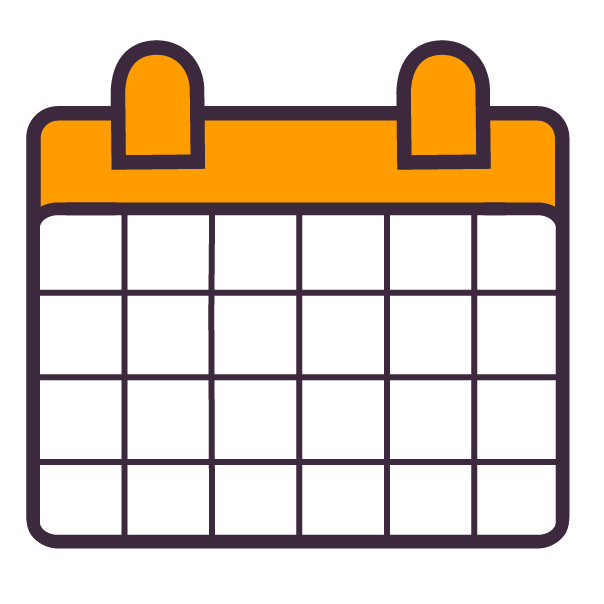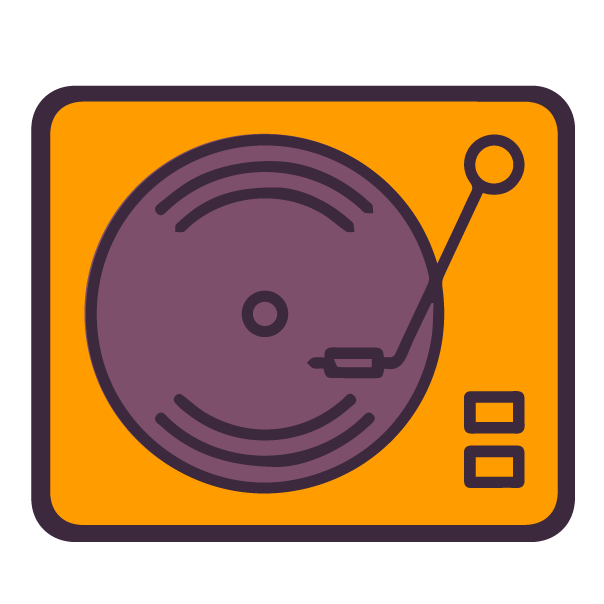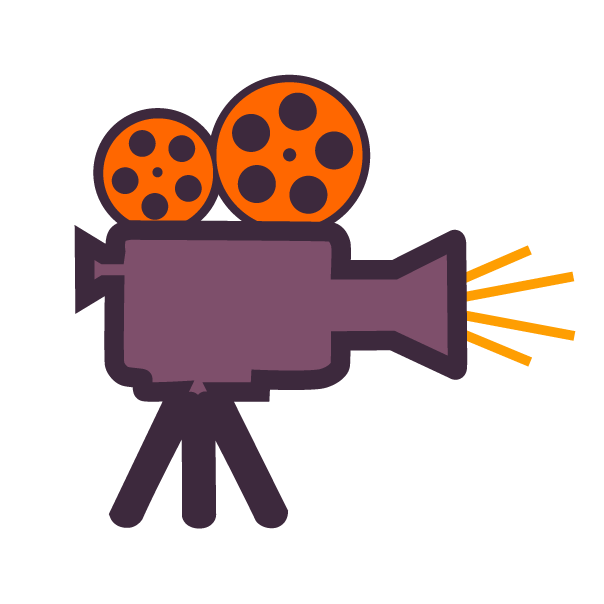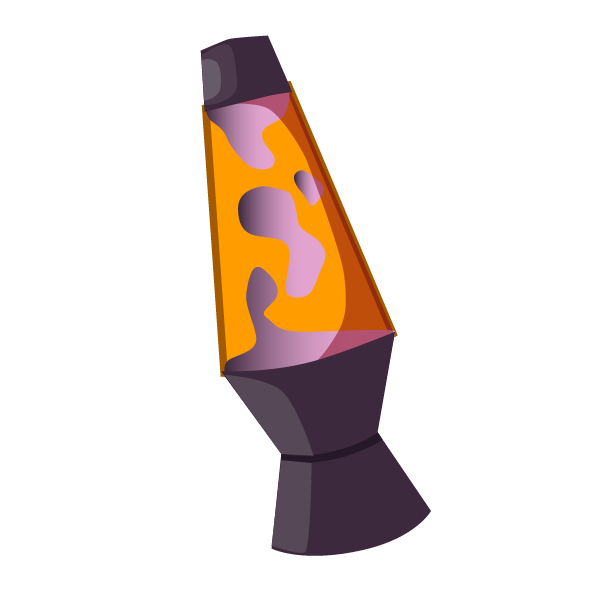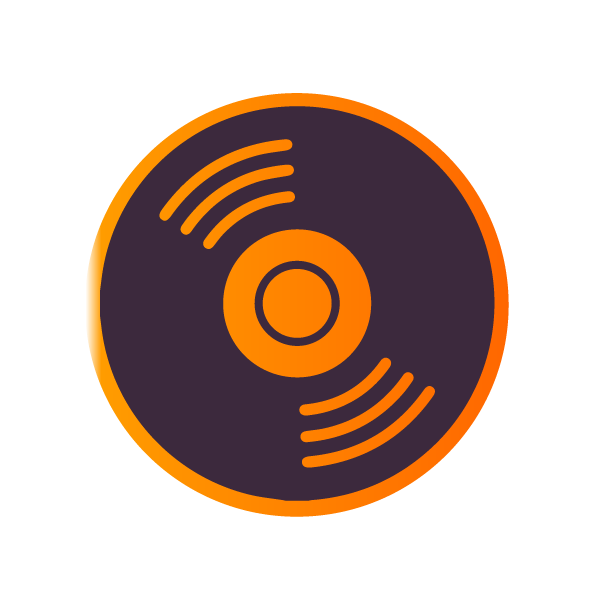By Gabby Redding | February 6, 2023

15 years ago, Michael Fitzpatrick (Fitz) founded ‘Fitz and the Tantrums,’ and in the years since, they’ve remained not only relevant, but unavoidable–with regular viral radio hits, TV spots, and features on soundtracks. In his conversation with the groovement, Fitz revealed how the band contributes this success to being his own ‘harshest critic,’ remaining unwaveringly and intensely analytical of his own music. However, the band has also embraced the more playful side of their music as they reflect on the difficulties of the last few years, ready to dance off any lingering bad vibes as they embark on a tour of the venues they started off at. This mission is captured in their song Heaven:
“Sometimes it feels like a feather
Sometimes it feels like a boulder
Sometimes the world makes it easy
Sometimes it falls on your shoulders
We say forever and ever
But we don’t know when it’s over
So, let’s go so hard
We get to heaven hungover”
This commitment to celebration does not mean a departure from engagement with serious issues in the music industry. Noelle Scaggs, along with helping to create the music for the band and being co-lead singer of the pop group, has also been championing inclusion in the field. She sat down with the groovement to answer some questions about Diversify the Stage.
Tell us a bit about your initiative, ‘Diversify the Stage,’ which you founded in spring of 2020 to champion opportunities for BIPOC, LGBTQ+, female-identifying, and gender-nonconforming artists. What inspired you to be a torchbearer for this cause?
Noelle: Diversify The Stage is a non-profit organization I started over the pandemic that is focused on creating more inclusive spaces and equitable opportunities for disproportionately impacted communities in music and live entertainment workforces. I felt compelled to create a more informed dialog amongst artists in our teams to identify the obstacles that have contributed to the lack of diversity behind the scenes of our touring and performance businesses. It felt like there was an abundance of amplified conversations about the lack of representation within awards ceremonies for award winners, but I didn’t hear a lot of noise about the multi-billion dollar touring industry that pays most recording artists’ rent, at least those of us who are on the road on a regular basis. As I started to dive into what happens behind the scenes of getting myself and the guys on the road, I discovered that there was a lot of ground work to be done, so I took the reins along with other leaders in the industry who have been calling for this kind of change for many years, to start what has become DTS, our Inclusion Initiative, and our Apprenticeship Program.
Can you tell us about any experiences working one on one with artists through Diversify the Stage that stand out or are especially meaningful?
Noelle: I would say one who stands out the most for me is Aluna of AlunaGeorge who has been advocating for the representation of Black artists and DJ’s within EDM and dance music overall. A culture that was pretty much created by Black creators has been heavily overlooked when considering the booking of headline talent at festivals, and within award spaces. She and I have been speaking a lot about how DTS can expand into the UK and Europe. A lot of the support I have received has come from boots on the ground members of our production teams across major pop artists to independent bands, our agents, and artists management.
In April you’re being honored at the 2023 She Rocks Awards for your contributions to the music industry, what does it mean to you to be recognized in that way, with past honorees including the incredible Dionne Warwick and Nancy Wilson?
Noelle: I am honestly still absorbing all of this. I’ve never really been motivated by awards for anything I’ve done, but I’m greatly humbled by the inclusion amongst the other honorees who in my opinion have done much more for women in music than I have at this stage of my career. I am thankful for the opportunity and hopefully what it does in spreading more awareness about the DTS mission.
Coming off the release of their latest album ‘Let Yourself Free,’ and ahead of their upcoming tour and February 8th show at Webster Hall, Fitz also spoke with the groovement to reflect on the history of the band, their most memorable shows, and how each band member’s personal style is intertwined with the energy they bring onto stage.
Your second album, the masterpiece More Than Just a Dream, came out roughly a decade ago, and you’ve consistently put out hits throughout that time. What do you think the secret is to keeping your music fresh but also undeniably true to the sound of the band?
Fitz: I’ve always been my harshest critic, I am not kind to myself. What I’ve seen is that a lot of my other contemporaries that came up at the same time as us, and had perhaps even more success than we did at that time, fell into that very common trap where they had huge success early on, and then they just believed that everything they did was awesome. And I’m way too paranoid and to ever let myself just think that everything I do is awesome, so almost every record I’ve written starts with between 80 to 100 songs.
I believe that in order to find that magic sound, like in “Out of My League” or “Hand Clap,” you can’t just will it into creation. You can write 20 songs in one week. And you’d be lucky if four or five of them are really good. And then out of that, you’d be lucky if one of them is exceptional, and maybe you’ll get one once in a while that just has this energy that’s unquantifiable, palpable.
I’ve never stopped revising, editing, writing, I’m always pushing myself. I’ve never–for one second–rested thinking, ‘oh, I’m awesome.’ I say that’s the main reason why we’ve been able to outlive a lot of our contemporaries at that time and now we’re on our fifth album and 18th year of being a band together, which just blows my mind.
Do you find yourself getting more critical with time? Or do you think that at some point you’ve learned to be kinder to yourself?
Fitz: I don’t take it personally when I’m mean to myself. And that’s why I’ve always pushed myself. I’m a lover of music and pretty melodies, and a great pop song that you hear once and before you’ve even finished listening to it one time, you already know the chorus and you can already sing along. That’s magic. You know?
You’ve spoken recently about this new album, Let Yourself Free, being a return to the band’s roots, but throughout the album, we hear some more indie sounds–like crowd chant-esque backing vocals. How do you anticipate carrying that energy into live performances?
Fitz: We chose “Let Yourself Free” as the title track for the album, because we’ve had to do every iteration of what trying to be a musician during Covid looks like. For our previous record, All the Feels, we had to figure out how to talk about depression, anxiety, stress, mortality…
But, for this record, we wanted a celebration, a rebirth after the last couple of years, when so many people have had back burner weddings, graduations, and couldn’t attend funerals. Everything was sort of muted and truncated and held back. We wanted to create a record that was a celebration of coming out from hibernation, a joyful record that just says ‘we’re all going to party our asses off and have the best time.’
For the last few weeks, we’ve been in rehearsal prepping these new songs, figuring out our new set list, putting these new songs into what was already a high energy set. It feels like we’re going to be bursting at the seams at all these venues for this tour. It’s gonna be a party and a lot of high energy and I’m so, so excited to finally get to play some of these songs and get to finally see how they translate live. That’s one of the funnest things for us is after that long process, finally getting into the world and seeing people just dancing their asses off.
You performed on New Year’s Eve, how did it feel to kick off the year with that kind of high production performance before moving into this tour of smaller, more indie venues?
Fitz: We had the craziest run, between Thanksgiving to New Year’s–we did six or seven TV performances in a very short window. We were flying everywhere. To pull off the New Year’s Eve show, we had a concert in San Diego in the evening, then drove to Disneyland, slept in a hotel for an hour and then woke up at 2:30 in the morning to pull off the Rockin ‘Eve show. But we’ve had so many of these experiences, between the Macy’s Day Parade, the Rose Parade, Kelly and Ryan, and it was really amazing and exciting, because usually you’re playing just one song, and we got to play a couple of different songs on a couple of different programs.
We were on the TV so much that my friends were like “you’re on every channel, stop already!” So for this tour, we wanted to go back to the venues that we first broke into, and do more intimate shows, especially after playing outdoor amphitheaters for the last two summers on big, co-headliner tours.
I love playing in a hot, sweaty, dance club. If you’re coming to see us, it’s not so you can stand there like a wallflower, it’s to party with us! Early on in the band’s career, we found that the more energy we give, the more we get back, so when it’s a smaller club the energy is just combustible and palpable, it’s so much fun.
A part of what makes Fitz and the Tantrums such a compelling live show is your personal style. Do you think that evolves along with the music?
We have six people in the band, which is quite large, so we’ve always had a crossover in musical taste and a varied palette of what we are all into. Having all of the musical influences really fed into the creation of these hybrid conjunctions of sounds, mixing old hip hop with Motown, 80s style keyboards. It’s a weird combo, but it works. And that translates into how we look and how we dress up. We’re a real mixture of people, and we bring that same influence over from the records into our personal sense of style.
You have previously described your music as soul-influenced indie pop, how has that description changed with the new album? Do you still think that’s accurate?
Fitz: It’s hard for us to say that we’re indie anymore now that we’ve been a band for 15 years and on a major label for the last good chunk of that. We’ve had huge hits, huge commercial movies, and been on major TV. I’m not sure the indie part of it really applies anymore, although the roots of the band were 100% indie.
When we got started, everyone told us, ‘oh you’re too old! forget it.’ Our music didn’t fit into a box for radio, so we just made it happen through our own tenacity, grinding it out on the road and building a sound and reputation. We made it, and got to a point where people acknowledged that we didn’t have a record deal but could sell out 1,000 person rooms and had a song on the radio. So that’s the part of ‘indie’ we can hold on to.
How have you watched your fanbase change and evolve with time?
Fitz: We’ve always had such a diverse audience–you’ve literally got kids with their parents, young 19-20 year olds, who are obsessed with “Out of My League” because it went viral on TikTok years ago, we have 30 and 40 year olds, and then 50/60 year olds who love Motown and fell in love with our sound from the first record. Those were the fans who were willing to go on the journey when we moved beyond just soul music and brought in our eighties and influences.
We also did tours with Flogging Molly, right at the beginning, and we still have these Irish punk fans who still come to the show. Never judge a book by its cover, because those are the ones in the front row singing every song. Our audience has always been very eclectic across the spectrum of styles.
What has been the most memorable performance, or most unique, of your career? We personally love the work you did on Live from Daryl’s House. [Hosted by Daryl Hall of Hall and Oates]
Fitz: That was such a big thing for us, we were a no-name, unsigned band and somehow we convinced Darryl to let us come and play. That one moment turned out to be maybe one of the most important things we’ve ever done, because that show became this viral thing all over the world. The first time we went to Australia to do a small club tour, every show was sold out and I’m like, how is that even possible? But it was all because of Daryl’s House.
Also, the first time we were on the main stage at Lollapalooza, I walked out in front of 25,000 people and my mind exploded. We played our first show in South Korea right before Covid for 5,000 people, and it was an incredible show.
And then we finished up one of our tours this Summer in Missoula, Montana and it was a sold out night in a huge, beautiful outdoor amphitheater and the energy was just special that night. So you definitely always have those few ones that you’re holding on to. I’m always wishing that every night would be that way because it just fuels your soul so much.
You’ve said that this new album ‘closes the loop’ for Fitz and The Tantrums, pulling influence from your early work and from your solo work, the album Head up High (which can we say, has an incredible music video for that title track). Have you started to think about what direction the band might move into next? Or are you focused on the tour right now?
Fitz: We just finished mixing and mastering the record a few months ago, and since I typically write so many songs for an album, I usually take six months to a year off from writing afterwards, just because I get so depleted from it. Then I get into tour mode, which is totally different. I’ve tried over the years to write songs while touring, but I’ve never been able to. So I anticipate doing some writing in late Spring, which will inform me a little bit, but seeing how the new album works with the audience will also influence how we proceed with the follow up record.
We’re looking forward to seeing you on February 8th at Webster Hall!
Connect with Fitz and The Tantrums on Instagram, TikTok, Spotify, and their website.

